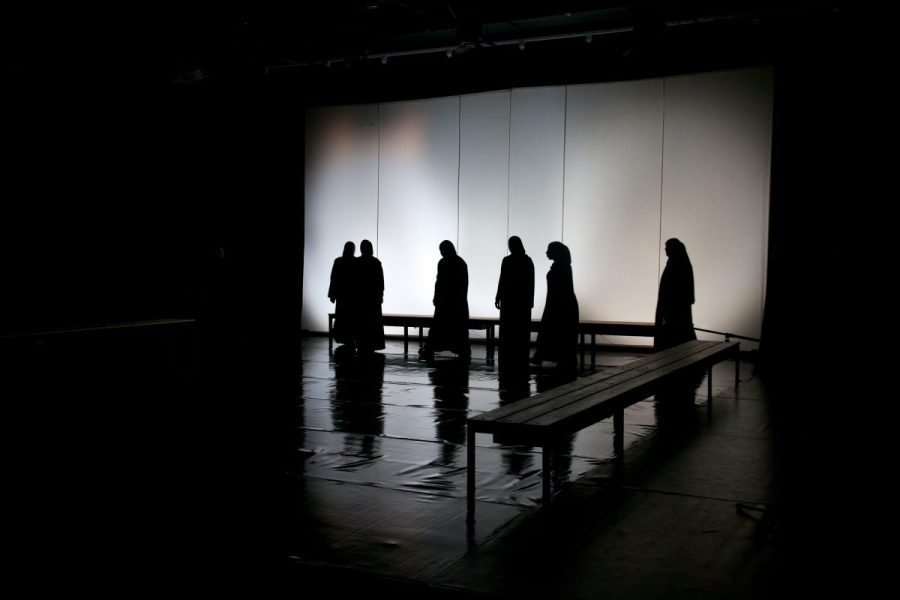Yasmin Fedda’s powerful new documentary Queens of Syria follows a group of Syrian women living in Jordan, made into refugees by the conflict in their home country. The group are working to put on a production of Greek tragedy The Trojan Women, an ancient story of violence and displacement.
The central message is immediately clear, with the women quick to point out: ‘we are talking about the play, but these things are real.’ The story of The Trojan Women is interwoven with personal tales of bereavement and the loss of families, homes and possessions at the hands of war.
There is, however, a sense of hope and camaraderie that helps maintain enthusiasm for the project, despite its emotional toll.
In a small way the women are able to provide a voice and personality to the faceless masses who have been killed or forced to flee since the fighting in Syria began. Queens of Syria producer Itab Azzam has described the journey of one woman who found out during filming that she had lost her son, but made the decision that ‘she wanted her story to be out.’
The documentary is at its most powerful during its moments of ambiguity, when it is unclear whether the women are quoting dialogue or talking about their own lives. The lines of the play align so closely with the horrors they have experienced that it prompts questions of how far humanity has really come if a story written in 415 BC can be related to so intensely by people living in 2015.
Queens of Syria is a powerful piece of filmmaking, as moving in its lighter moments as it is in its raw portrayal of grief and displacement. It provides a vital window into an often unreported world, where those who have experienced unimaginable suffering are stoically refusing to lose hope in a better future.
